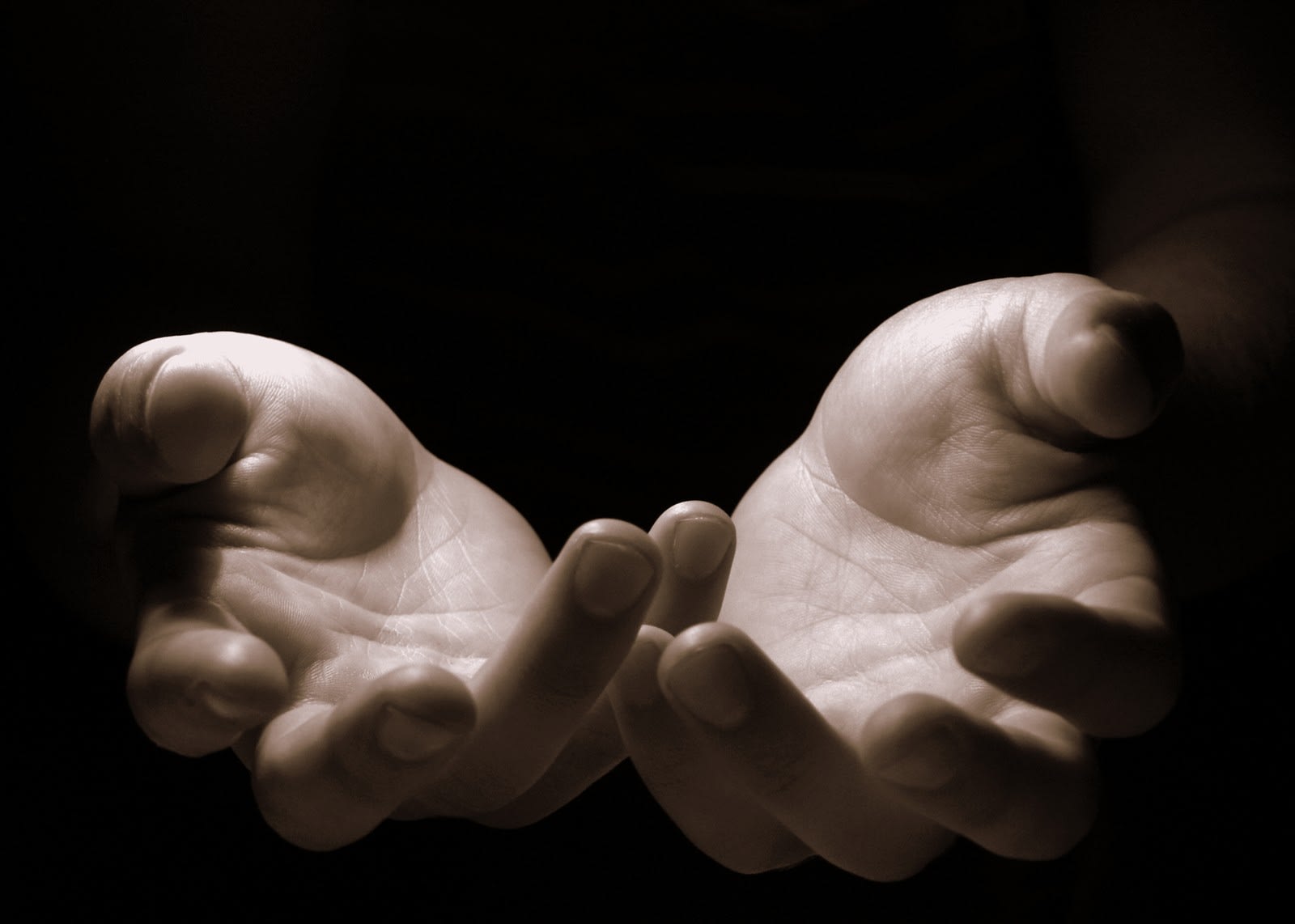
The morning of November 11th marked the first weekday in three decades that I wasn’t confronted by beggars when approaching the Western Wall (Kotel). After a long history of complaints from tourists and residents, a front-page article in The Jerusalem Post had reported, beggars had at last been banned from Judaism’s holiest site. So their absence didn’t come as a complete surprise.
But it felt a little odd, even vaguely disorienting, to descend from the bus, make my way across the Kotel Plaza, then turn right onto the walkway down towards the Wall — all without being accosted by those supplicant eyes and outstretched hands. Gone were Malka and Tzipora, Shoshana and Ilana, and the others, whom I hadn’t known by name. Somewhere along the line, apparently, I’d gotten used to these women. The persistent annoyance of their presence had become an integral feature of my Kotel experience, perhaps as much as the huge old stones themselves.
And annoyance it was. The guilt-inducing comments and disappointed gaze, the ubiquitous red strings. Most irritating of all: the tapping on one’s shoulder in the midst of prayer– surely the ultimate intrusion on a person’s privacy.
Disturbing people’s equanimity at the Wall can seem sometimes like the beggars’ stock in trade. One beggar in particular earned a certain notoriety by virtue of her rude insatiability. Give her a shekel and she’d want five. Five and she’d implore you for ten. Ten? You were in for a scolding. “Ze lo yafe (This is not nice)! I just got out of the hospital! An operation! Look! Here’s my scar!” A visitor to Israel once told me how he’d given this individual twenty shekels and she had reprimanded him for not giving dollars! On one occasion when I decided impulsively to court her favor, I gave her five shekels, which she said was not enough. “B’seder (Fine)! Give it back to me then!” I retorted, snatching it from her hand. That crass interaction upset my equanimity and discombobulated me to such an extent throughout my morning prayers, that I determinedly ignored her from then on, passing her by with averted eyes — which was equally discombobulating. She had me over a barrel.
Around the time of that incident, I heard that one rabbi who teaches in the Old City referred to this woman as his teacher, insofar as his frequent, unavoidable interactions with her had necessitated working on his own midos. As a result, she had gradually become his friend, who smiles as he approaches and reminds him in a maternal fashion to button up his jacket. It was, furthermore, additionally unnerving to learn sometime later on that a number of other highly respected rabbis in the Jewish Quarter had pooled funds and raised money on this woman’s behalf, and that’s how she paid for the operation (which I had assumed was a fabrication.) Could it be that they didn’t share my irritation and skepticism, or that doing chesed trumped other considerations?
In any case, this woman was the exception rather than the rule. 90% of the time, it wasn’t anything in particular that these beggars did which was a thorn in my side, but rather, the concealed conflict their presence would evoke within me, each and every morning. To give or not to give, and if so, how much? Do I have the right to simply ignore them? “Of course you do!” a neighbor once retorted impatiently when I shared my doubts. “Just stick your nose in your prayer book and walk on by!”
The Post reported that some people had complained of violence and outright acts of aggression. In thirty years, I myself never witnessed any. Perhaps behavior of that sort occurred over on the men’s side, but for me, the main problem was the inner battle.
In my living room, the peace and quiet was lovely. But one day, after about a month, I found myself in a depression over this or that issue in life, and missed the Wall. How silly to deprive myself of my birthright! Please, I asked Hashem, solve this problem for me.
The next morning, I returned. All the regulars were at their posts. “Where have you been?” one of the old ones exclaimed. “We were worried about you!”
With each coin’s placement upon an open palm, I distinctly noticed the spot of simple yellow happiness that bloomed like a small sunburst in my dark heart.
Walking down toward the Wall, I happened to catch sight of one the younger ones from afar, just as her outstretched hand fell to her side. She was looking at the backs of two teenage girls as they walked on by.
“They’re pretending not to see me,” she said with a wryly knowing smile when I paused to say hello. “They feel disgusted by my need. But then they want Hashem to turn His eyes toward them!”
Suddenly it struck me: how had something so obvious eluded me for so long? At the Wall, what do all of us become?
Upon approaching the place we hold to be most sacred and most pure — where we all ask for help one way or another – could it be accidental that it’s precisely here they approach us, with their sundry mortal flaws and frailties on display? And lo and behold, now that a few weeks have passed, they have started to return, almost like a force of nature, wary of the police but confronting us once again with upturned palms.
We need the beggars, and need to give to them — more so here than at any other site.
Sarah Shapiro’s most recent books are “Wish I Were Here” [Artscroll], and “The Mother in Our Lives”[Targum/Feldheim]. This article is reprinted with the author’s permission. Sarah Shapiro teaches writing in Israel and the United States.
The words of this author reflect his/her own opinions and do not necessarily represent the official position of the Orthodox Union.
